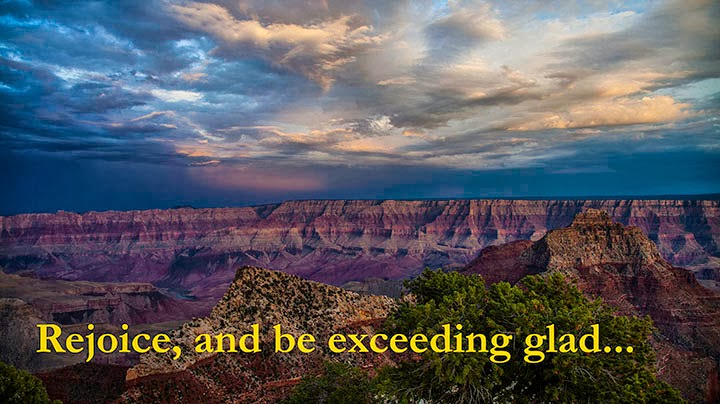Genealogy from the perspective of a member of The Church of Jesus Christ of Latter-day Saints (Mormon, LDS)
Friday, September 29, 2017
Standardization: A Controversial Issue
My recent blog post entitled, "USA vs. United States: Standardization?" resulted in some more than ordinary long and involved comments. I am not going to reproduce the lengthy comments in this post, but I do recommend that you read what the commentators have to say. Reading the comments might help to understand the issues I am about to discuss here.
First of all, anyone can impose their own standard in the context of their own activities. Most of us have played a game where the participants agreed on certain rules in advance of the game. We have also been confronted with the statement, "This is my game so you must play by my rules." In this regard, the critics of "standardization" are missing the point. Standards are not generally imposed for the benefit of the users, it is imposed to benefit the supplier, manufacturer or whatever. Granted, some standards do benefit users, such as safety standards in automobiles and electronics, but most are merely ways to facilitate commerce.
Genealogy is not immune to standards. Many of us, who submitted paper family group records to the predecessors of FamilySearch realize that those family group records had to be submitted through Ward and Stake reviewers before they could be submitted. The rules for abbreviations of both places and dates were rather complex. Those particular rules were imposed by the limitations of the physical spaces on the forms. Today's standards from FamilySearch are aimed at improving consistency and communication in a worldwide forum.
Because I speak two languages fluently and for a number of other reasons, I am personally very aware of differences in language standards. For example, because I learned most of my Spanish language in South America and Central America, I have no difficulty in understanding people from those countries. However, I do have substantial difficulty in understanding people from parts of Mexico. In addition, because of my university training in Spanish, I am accustomed to certain standards. The difficulty in understanding people from parts of Mexico is similar to the difficulty I have an understanding some British English accents and those from the southern states of the United States. Broadcast companies usually recognize this problem and have adopted "standardized English." It just so happens that most of the broadcasters in the United States standardize on the English spoken in Salt Lake City, Utah.
Now, if we apply my experiences with spoken language into the rules that are used in by FamilySearch.org in the Family Tree, we can see the underlying issues involved in imposing any degree of standardization. You may call some rule a standard, but it only becomes one when a whole lot of people or organizations or companies accept it as a standard.
Subscribe to:
Post Comments (Atom)





No comments:
Post a Comment